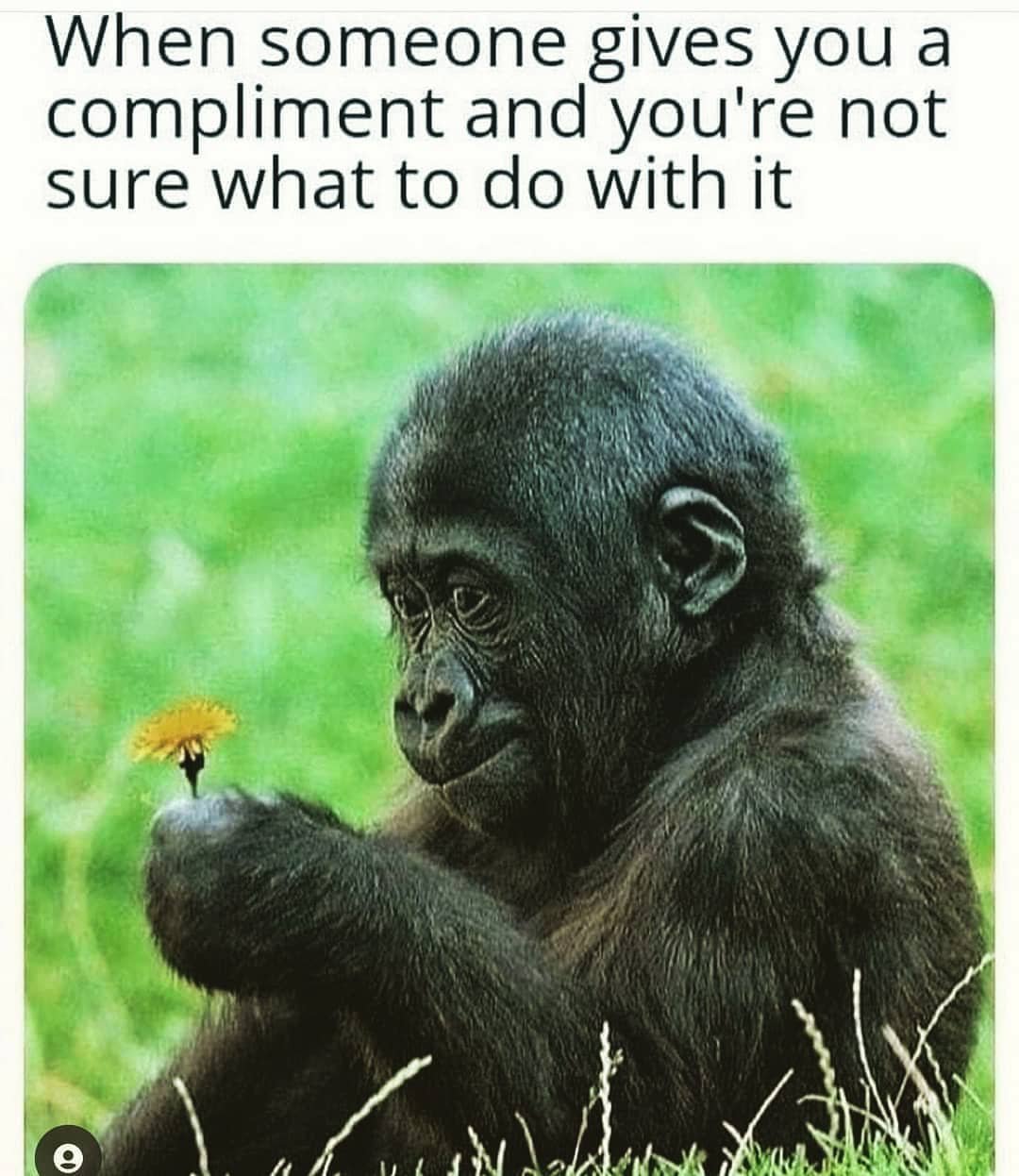You Is Kind, You Is Smart, You Is Important
“Remember compliments you receive, forget the insults.
If you succeed in doing this, tell me how”.
- Baz Luhrmann, “Everybody’s Free (To Wear Sunscreen)”
When I was in eighth grade, our history teacher decided that we could all stand to be a little nicer to each other, so he gave us my favorite assignment of all time. Each of us was to take out a sheet of notebook paper and write down one thing we liked about each of our classmates. It was anonymous - our teacher picked up the papers and then typed a letter to each one of us with a list of all the sweet things our classmates had to say about us. Middle schoolers get a bad rap (some would argue for good reason), but pretty much everyone took this assignment seriously, and the words we had for one another were surprisingly thoughtful. Even the “I think it’s cool that you’re a girl who watches college basketball” compliment was meaningful and made me laugh. I’m not ashamed to say I still have this little piece of paper, almost twenty years later.
Part of what made this assignment so special was that we all walked away with something tangible - a list we could reference whenever we were feeling low. Our human brains love to ruminate on the things people have said that either intentionally or unintentionally made us doubt ourselves, but that’s not helpful. Most of us are plenty hard on ourselves already, without the voices of others in our heads. What we’re not always great at is remembering the thousands of nice things people have said to us over our lifetimes.
In thinking about this, I’ve decided I want to start writing down the compliments I receive, in an effort to remember them when the negative self-talk creeps in. There are other ways to implement this as well - I have a former colleague from my time in sales who keeps an email folder with positive feedback from past clients. This helps him stay motivated when he receives the inevitable rejections, unresponsiveness, and sometimes cruelty that can come with being a salesperson. You can also keep a running note on your phone, or save text messages or voicemails that make you feel good. Whatever your preference, having a few, easily-accessible, uplifting messages handy is certainly not going to hurt.
Another important thing to note here: receive your compliments. A lot of us instinctually downplay ourselves when someone says something nice to us, or we consider ourselves awkward compliment receivers. We say “oh no, that’s not actually true about me” or we feel the need to say something self-deprecating, but that stops us from fully absorbing what the other person is saying about us. The next time someone says something kind to you, try just saying “thank you” and letting it sit. See if that makes it easier for you to believe them.
And if you really want to feel good? Give a meaningful compliment to someone else. Instead of saying “I like that shirt”, hit them with “you have such fun style”. Instead of, “you’re a great cook”, try “your cooking is such a reflection of you - always taking care of others”. The more specific the compliment, the more memorable it generally is.
I found this article on compliment-giving really interesting. Specifically, the article points out that people often refrain from giving compliments because they’re afraid their delivery will be awkward, or they’ll make the other person uncomfortable, but that’s rarely the case. We consistently underestimate the positive impact our admiration will have on someone else. When in doubt, err on the side of speaking your kind words.
Wishing you all a week of compliments - both given and (fully) received.




